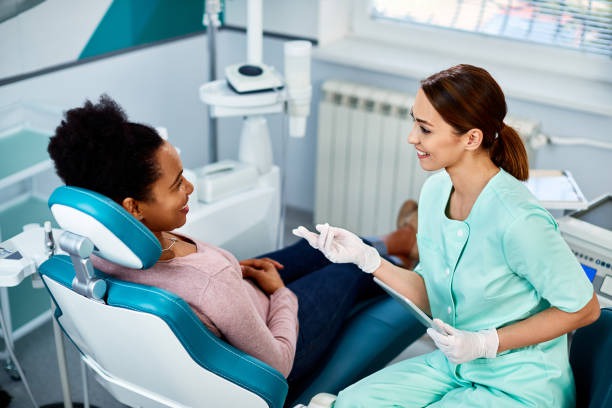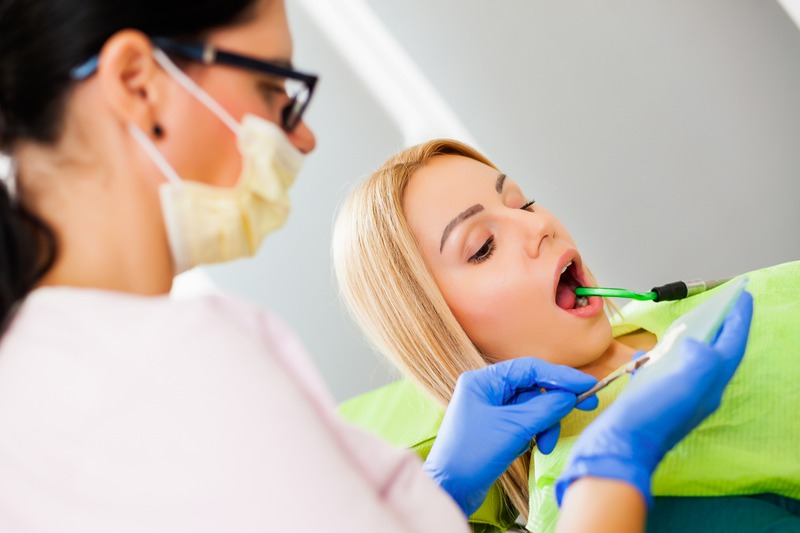Oral trauma is a common issue caused by accidents, sports-related incidents, falls, or biting hard objects. It can range from mild injuries, such as minor cuts, to more severe forms requiring medical attention. Quick action after having an injury can help manage symptoms, reduce further complications, and support faster healing.
Effective Methods to Handle Oral Trauma
Immediate Steps After Injury
Immediately applying gentle pressure with clean gauze or cotton to stop bleeding is essential. Rinsing the mouth gently with salt water or antiseptic mouthwash also helps keep the area clean. Placing ice packs on the affected area reduces swelling and alleviates pain caused by the injury.
-
Apply gauze or cotton directly to stop bleeding
-
Rinse mouth gently using salt water or antiseptic solutions
-
Use ice packs to limit swelling
Using Pain Relief Methods
Pain can be managed effectively through over-the-counter medications like acetaminophen and ibuprofen. These medications work quickly and efficiently to control pain. Always follow the recommended dosage on the medicine label and consult healthcare professionals if unsure.
Importance of Staying Hydrated
Drinking sufficient fluids promotes healing after oral trauma by keeping mouth tissues healthy and hydrated. Hydration also helps lessen discomfort as dry mouth may intensify sensations of pain. Water is the best option, but you may opt for herbal teas or mild broths as well.
Eating Soft Foods
After sustaining oral injuries, hard or crunchy foods can further irritate affected tissues. Opt for soft meals that are easy on your mouth, such as yogurt, mashed potatoes, soups, or oatmeal. Soft foods help prevent damage to any stitches, promote faster healing, and decrease pain sensations.
-
Yogurt and smoothies
-
Mashed potatoes or scrambled eggs
-
Soups or broths
-
Oatmeal or cooked cereals
Proper Oral Hygiene Practices During Healing
Consistent and careful oral hygiene during recovery is essential because it avoids infections and accelerates the healing process. Brushing thoroughly yet gently, especially near injured areas, prevents aggravation. Incorporating gentle antiseptic mouth rinses minimizes bacterial buildup and maintains sanitation throughout recovery.
When to Seek Professional Treatment
Persistent pain, excessive bleeding, or visible dental damages usually necessitate professional consultation. It’s advisable to schedule an appointment with a dentist within a short timeframe for proper assessment and intervention. Getting timely dental consultation improves prognosis and limits complications.
Long-Term Solutions for Dental Injuries
If teeth are fractured, chipped, or displaced due to oral trauma, permanent treatment solutions such as crowns, fillings, or caps become necessary. Your dental professional might recommend veneers or bonding procedures to restore functionality and aesthetics. Long-term solutions increase dental health resilience and enhance aesthetic outcomes.
Address Missing Teeth with Prosthodontics
If oral trauma causes tooth loss, a replacement option such as dental implants or bridges might be considered. Consulting with a specialist is essential to choose the most suitable approach based on individual needs. Choosing an appropriate replacement ensures the longevity of the remaining teeth and improves oral functionality.
For comprehensive care, you can check this out for professional prosthodontic treatments. Qualified prosthodontists can regularly suggest personalized treatment plans for missing teeth due to trauma. Seeking specialized attention restores structural integrity and return mouth functionality effectively.
Cosmetic Treatments for Damaged Teeth
To manage aesthetic impacts caused by oral trauma, cosmetic dental services can be highly beneficial. If you wish to enhance the appearance of chipped or cracked teeth, cosmetic dentistry could be appropriate. Consult with your dentist about tailored cosmetic procedures designed to restore natural appearance.
Among popular choices in cosmetic dentistry, porcelain veneers for a perfect smile stand out due to their realistic appearance. Veneers can effortlessly transform damaged teeth and can boost confidence significantly. This cosmetic approach offers aesthetically pleasing results while preserving dental structure optimally.
Visit a Trustworthy Dental Expert
Visiting a reliable dental expert promptly reduces the chances of worsening conditions following oral trauma. Immediate dental assessments prevent severe damage and improve the quality of medical intervention. Professional examination after injury ensures effective treatment and quicker rehabilitation.
Acting swiftly during dental emergencies is essential for optimal care. To secure prompt attention, consider reaching out to trusted local practitioners and book an appointment today. This ensures you receive efficient relief and reliable post-trauma dental care.
Common Mistakes to Avoid Following Oral Trauma
After experiencing oral trauma, avoiding certain mistakes enhances healing and prevents further damage. Ignoring the injury or postponing treatment worsens the situation. Maintaining proper caution after injuries leads to safer outcomes and quicker recoveries.
Another common mistake involves repeatedly touching or probing the injured area, as it hinders tissue recovery. Using harsh oral hygiene practices or overly aggressive cleaning techniques may irritate tissues and prolong healing. Opt instead for gentle care and routine check-ups consistently to avoid such issues.
-
Avoid delaying medical assessment and treatment
-
Refrain from excessive handling of injuries
-
Do not use harsh toothpaste or aggressive cleaning techniques
Methods to Prevent Oral Trauma
Prevention entails identifying hazardous behaviors, adopting safe practices, and utilizing protective equipment as necessary. Athletes, especially those involved in contact sports, can substantially decrease their risk by consistently wearing mouthguards. Adopting preventive strategies helps minimize the possibility of future injuries efficiently.
Regular dental check-ups significantly support trauma prevention. They offer opportunities for early problem detection and optimal guidance regarding preventive measures. Maintaining a consistent dental visit schedule is useful for achieving optimal oral health and avoiding injury.
Closing Remarks
Managing oral trauma effectively involves a combination of immediate care, safe oral hygiene practices, professional dental consultations, and preventive measures. Timely actions and following appropriate medical advice promote rapid healing, minimize complications, and restore oral well-being. Prioritize prompt treatment and prevention techniques as fundamental steps toward optimal dental health and injury reduction.



